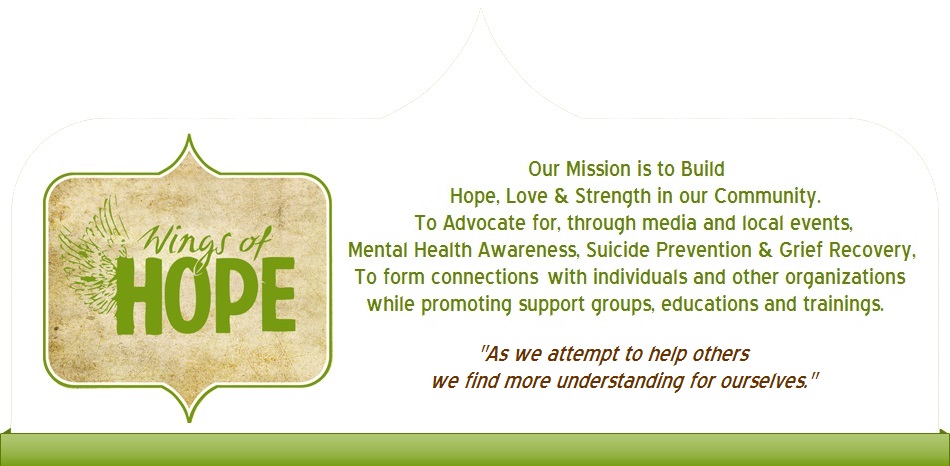Edelman’s Boiling Frog Syndrome claims that a frog, if placed in a pot of boiling water, will quickly jump out, as it will immediately sense the pain and discomfort of the scalding water, and do all that it can to save itself. However, if a frog is placed in a pot of lukewarm water, it will eventually boil to its death as the heat slowly increases. Edelman explains that the frog will not sense the gradual change in temperature, and therefore miss any signal of danger and fail to take action to avoid its demise.
And so it is with humans, it is not? When we find ourselves in hot water, we tend to act fast and do everything within our power to improve our circumstances. As soon as it hits us that we are uncomfortable, in pain, or in trouble, we make haste and get to safety as quickly as possible, in any way that we can. And, just like our amphibian friends, we seem to adjust just as easily to incremental changes. In doing so, like Edelman’s frogs, we forget about the problems that we’ve become immersed in, failing to acknowledge important signals warning us of the danger that we are truly in.
Upon further research, I found that Edelman’s theory may not exactly be true. Nonetheless, I think that many of us can relate to the experience of both frogs. When we sense imminent danger, like the frog thrown into the boiling pot of water, such as in the case of a fire, an immediate crisis, or unexpected event, we react in kind and quickly get out of harm’s way. Yet, when our problems slowly evolve, as they often do in an unhealthy relationship, during financial strife, or in a “dead end” career, we adapt, react, and adjust in a similar fashion. As such, we may not even realize the trouble that has crept up on us until it is seemingly too late.
As discouraging as it may be to realize that you are about to be boiled alive, much like Edelman’s frog, do not give up. There is hope, as this theory can work both ways. As I have said time and time again, it is never too late to initiate positive change, even if your situation feels dire. And just as the problem evolved over time, so will its solution. So do not be afraid to take the first of many leaps that will ultimately lead you out of trouble and into a better life.
-El









